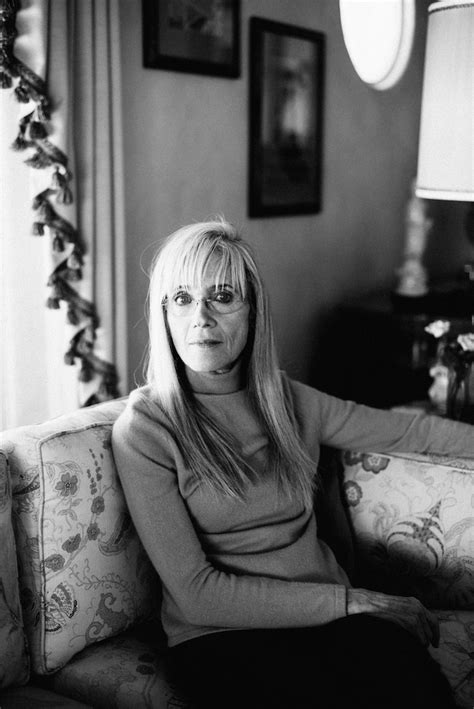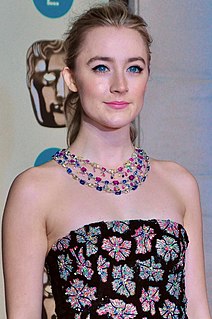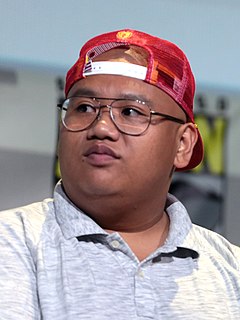A Quote by Albert Brooks
I probably learned, being in 'Taxi Driver' before I made my first film, I would come to the set every day just to watch how that film came about. It's like a graduate course: it's terrific. You talk to the cinematographer during the breaks. You ask the electrician why they are doing this.
Related Quotes
Soap operas are like boot camps for film actors, so I really learned a lot. It was a masterclass in working for camera. I made myself watch myself every day. I would sort of try and be objective about it and critique myself a little. There's a lot more skill set than people realize in soap operas. They shoot, like, 35 scenes a day.
I really discovered [Dr.Strange] through hearing about this film and first meeting Scott [Derrickson] and getting into it and just opening up and saying, "Okay, this is, like all comics, very much of its era," and my first question was, 'How do you make this film? Why do you make this film now?' and the answers were so enticing that I was like, "I'm in."
I naively thought I was making a low-budget movie. But, when the film came out, the Daily Variety reviewer at that time who was named Art Murphy described it as an exploitation film. I had never heard that term before. Roger never used it. So that's how I learned that I had made an exploitation film.
I run my own film school, the Rogue Film School, and I do it over three and a half days, eight hours non-stop everyday; alone, single-handedly. But the difference is in the Rogue Film School I do have real human beings in front of me from all over the world, and of course there's this course as well, they can ask, talk about their problems and obstacles, finances, anything, you just name it. Whereas in the Masterclass, you are speaking to cameras.
I just finished a film a few days ago, and I came home and said I learned so much today. So if I can come home from working on a little film after doing it for 45 years and say, "I learned so much today," that shows something about the cinema. Because the cinema is very young. It's only 100 years old.
I had the best teacher in the business. Kevin Costner was my teacher. I was acting opposite him and he was directing me. The way he directed me, for which I am eternally grateful, is he would watch the scene back on the monitor, which is sort of considered unfashionable - you're not meant to watch yourself. But he was like, "Come around. Watch this. See there, you're doing a great reaction, but you're doing it out of frame." That was exactly what I needed. I learned how to act on film from him.
I was 12 and I remember everything. I mean, I had done two films before that. The first was actually with Amy Heckerling. It was so brilliant to work with her on my first film. Atonement was the third one I'd done, and I remember how it felt to arrive on set every day. I remember how it felt to get my wig off at the end of the day. I remember how hot it was.



































